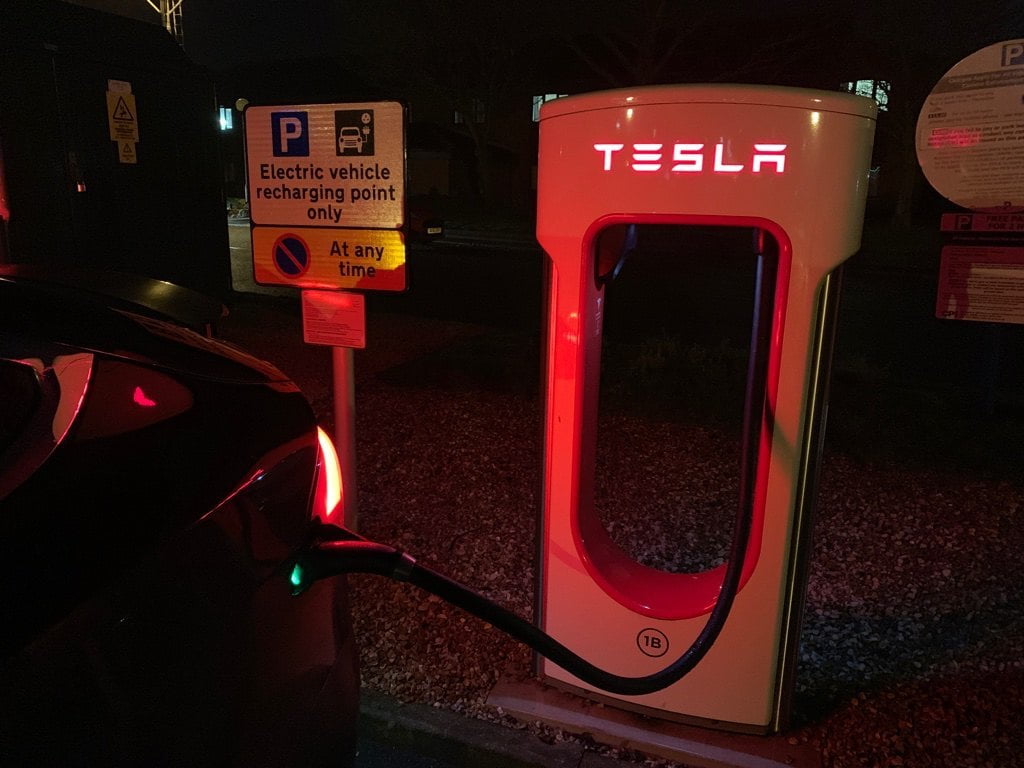Why electrical contractors need to plug in to EV charging

If you're considering buying an electric vehicle EV one of the first things to think about is where and how are you going to charge it.
In most cases, this leads buyers to make sure they have a home charging point fitted well before they take delivery of the car. It's also forcing employers and local governments to think about public charging provision. This need for new electrical infrastructure creates excellent opportunities for electrical contractors.
The latest market report by the Society of Motor Manufacturers and Traders (SMMT) shows 60,000 Battery Electric Vehicle (BEV), and Plug-in Hybrid Electric Vehicles (PHEV) joined the UK's roads in 2018. A modest 20% increase over 2017 levels and still representing a tiny 2.6% of the overall new car market. According to Bloomberg electric cars are predicted to make up around 14% new vehicle sales in Europe by 2025.
A typical home EV charge point costs around £1000 to install, of which the government OLEV Homecharge scheme funds £500. So already the home charging installation market is worth £60 million and growing. As of February 2109, around 1200 electrical contractors are registered for the OLEV scheme.
The opportunity for electricians doesn't stop at the charge point. The £1000 cost assumes a typical installation with the supply close by, a spare way in the consumer unit and an easy location to position an earth rod As we know many installations are far from typical, many will require updating before a dedicated EV charging circuit can be added. A request to install a charge point is a door opener to additional business, such as an EICR or consumer unit change, if the installation is overdue for an inspection.
Charge points need to be carefully positioned to ensure that cables reach to cars charging socket, without creating a trip hazard. The parking area can create the need for additional lighting, nothing worse than trying to plug in on a cold winter night.
